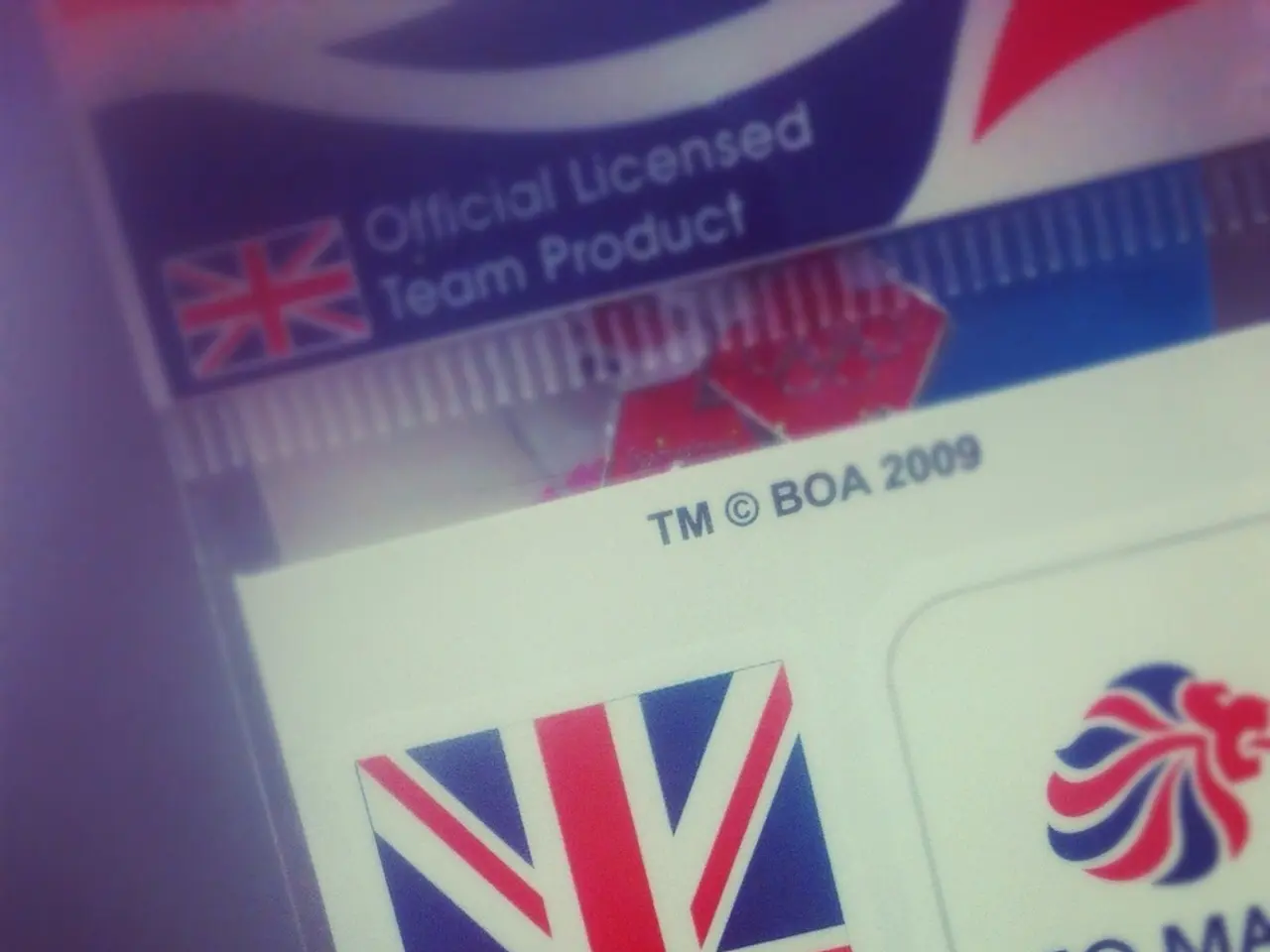Inquiring Verification Specialists: Which credentialing and authentication documents are essential for a verification service?
In the digital age, verification providers play a crucial role in ensuring the security and authenticity of user identities. To gain trust and confidence from their clients, these providers must adhere to a set of established standards and certifications.
Security and Trust Certifications
One of the key certifications a verification provider may hold is SOC 2 (Service Organization Control 2), which verifies that the service provider manages customer data securely to protect privacy. Other important certifications include ISO certifications, such as ISO 27001, which ensure the provider follows international information security management standards. FIDO2, on the other hand, relates to strong authentication protocols for verifying identities without relying on passwords.
Regulatory Compliance
Verification providers must also comply with data privacy laws. For instance, they must adhere to the General Data Protection Regulation (GDPR) in the EU and the California Consumer Privacy Act (CCPA) in the US. Healthcare-related data requires adherence to HIPAA (Health Insurance Portability and Accountability Act) for protecting patient data privacy.
Identity Authentication Standards
The NIST Special Publication 800-63A outlines identity proofing requirements at different Identity Assurance Levels (IAL). For the highest assurance (IAL3), providers must conduct in-person or equivalent identity proofing with biometric data collection and trained personnel to ensure strong identity verification and protection against fraud.
Additional Considerations
It is also important to know if the vendor uses device fingerprinting, employs AI to detect AI-enhanced documents, and follows the UK digital identity and attributes trust framework, eIDAS & ETSI standards framework, and ISO/IEC 27701:2019, 27017:2015, 27018:2019, 27001:2013, ISO 29003:2018, and 29115:2013.
The Role of Sumsub
Sumsub, a leading verification provider, understands the importance of these certifications and standards. They have launched a bi-weekly Q&A series, hosted on The Sumsuber and social media platforms every other Thursday, where participants can submit their questions to Sumsub's Instagram and LinkedIn. Sumsub also provides a detailed guide on selecting an efficient verification vendor. Their DPO/Deputy Head of Legal Department, Polina Ryabinchuk, will advise on important certifications for verification providers. To view all of Sumsub's existing certifications, there is a link provided.
By adhering to these standards and certifications, verification providers can ensure a secure and trustworthy service, providing peace of mind to their clients and the users they serve.
In this context, a verification provider like Sumsub, focusing on business and technology, seeks certifications such as SOC 2, ISO 27001, FIDO2, and NIST's Special Publication 800-63A for identity authentication standards. Additionally, they ensure regulatory compliance with data privacy laws like GDPR, CCPA, and HIPAA, as well as adhering to additional standards like device fingerprinting, AI detection, UK digital identity and attributes trust framework, eIDAS & ETCS, and multiple ISO and NIST standards for education and self-development in security and privacy matters.




